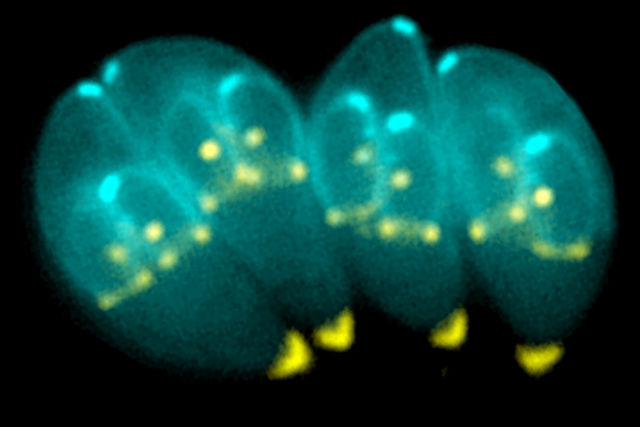A common parasite found in pet cats could be responsible for road rage incidents, according to new research.
Toxoplasma gondii is a tiny, single-celled parasite common in pet cats and, according to a University of Chicago study, doubles the chances of developing a mental condition that triggers uncontrollable anger.
It’s thought that the parasite, which can be carried in humans but is known to definitively reproduce only in cats, can alter a person’s brain chemistry, resulting in intermittent explosive disorder (IED).

Intermittent explosive disorder
People who suffer from IED are more liable to display outbursts of violent rage which are disproportionate to the provocation, for instance when annoyed by drivers on the road.
The University’s study assessed a group of 358 adults and found that 22 per cent of those diagnosed with IED tested positive for the Toxoplasma gondii parasite.
Lead researcher Professor Emil Coccaro said: “Our work suggests that latent infection with the Toxoplasma gondii parasite may change brain chemistry in a fashion that increases the risk of aggressive behaviour.

Links to aggressive behaviour
“However, we do not know if this relationship is causal, and not everyone that tests positive for toxoplasmosis will have aggression issues.”
Many people are believed to carry the parasite, which is transmitted via cat faeces and contaminated food, without even realising it.
Around 350 cases of toxoplasmosis are reported in England and Wales each year, but estimates suggest that up to a third of the UK’s population could carry it with no obvious symptoms.

'Correlation not causation'
In addition to increasing the likelihood of developing IED, it has also been linked to miscarriages and birth defects, along with psychiatric conditions like schizophrenia and bipolar disorder.
However, the study’s co-author Dr Royce Lee stressed that: “Correlation is not causation, and this is definitely not a sign that people should get rid of their cats.
"We don't yet understand the mechanisms involved - it could be an increased inflammatory response, direct brain modulation by the parasite, or even reverse causation where aggressive individuals tend to have more cats or eat more undercooked meat."



